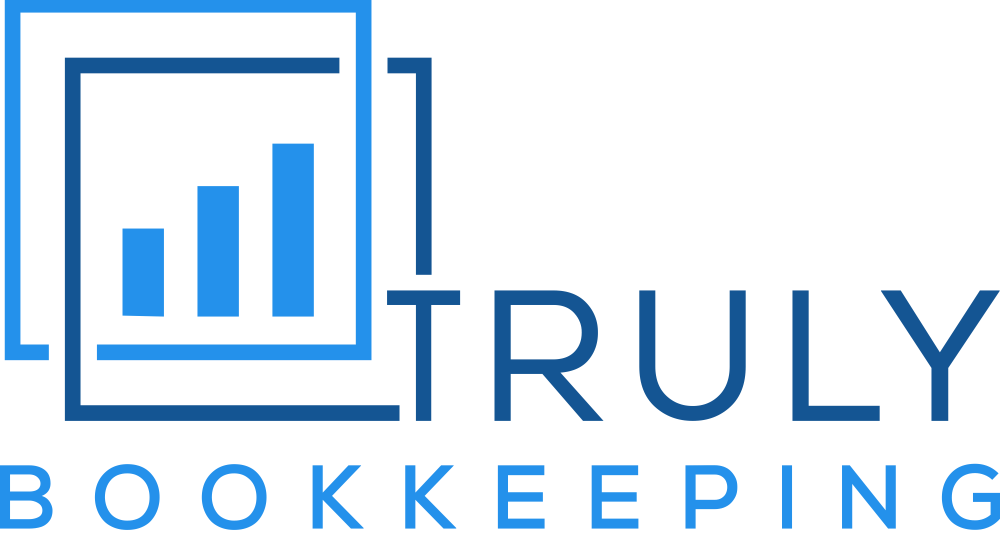How to Prepare Your Business For Your Retirement

How to Prepare Your Business For Your Retirement
You’ve built your business from the ground up, successfully running it for years. Now what? Retirement may seem like a dreadful word for someone that worked so diligently to create a business, but it’s an important step in both your life and the life of your business.
As you begin to seriously consider retirement, you may easily find yourself overwhelmed with the amount of work that needs to be done. Don’t know where to start to prepare your business for your retirement? Here are some key areas that may need addressed:
Do your due diligence before it’s too late. Checking in on your business’ value can save you stress and headaches down the road. There are various resources available, from Certified Valuation Analysts to benchmarking, that allow you to place an independent value on your business.
Because you’re in the day-to-day operations, it may be easy to be biased when it comes to the value of your business, but gathering independent information related to the value of your business is essential to being informed.
By gathering this information before you prepare for retirement, you’ll have a deeper understanding of what could be your most valuable asset: your business.
Talk with a bookkeeper, financial planner, and a tax accountant (even if it seems early).
As you begin to prepare for your exit, these three professionals will serve as trusted advisors, guiding you through the process. Even before the big day happens, it’s important that you come up with a plan to ease into retirement, whether that means a full business sale or a smooth transition over time.
You will want to work with a bookkeeper to make sure all accounting systems, processes, and financial statements are in place for the transition. This will help ensure there is a smooth transition, while also providing you and the buyer with accurate information needed from the financial statements.
Financial planners should be consulted to determine the best way forward, allowing your assets to work for you while giving you the security that is often necessary for an empowered retirement.
Tax accountants are also vital in the planning process should you choose to sell, offering planning opportunities to allow for maximized tax savings impact.
Even when it seems early, it may be beneficial to start developing relationships with professionals so that when the time comes, a sense of peace of mind comes from the relationships you have formed.
Develop an investment plan.
This goes hand-in-hand with talking with a financial planner, but as you approach your target retirement age, it may be wise to shift some of your investments in retirement accounts away from longer-term assets that carry with them additional risk. Because you’re closer to drawing on those funds, shifting to short-term, high-security assets (like bonds) allows for minimal risk.
Further down the road from retirement? The above strategy may not be the most beneficial to grow your retirement assets at this very moment, but it’s important to keep in mind.
There are also additional tax planning strategies that aid in the growth of retirement funds, so not only are tax accountants important for the sale of your business, but they can walk you through some of the tax implications associated with retirement accounts.
Have an actual exit plan.
Far too often, the generic business owner retirement plan centers around solely selling a business when the owner is ready for retirement. However, this may not necessarily be the best way to maximize the value that you’ve worked so hard on.
Instead of making quick decisions that are largely dependent on factors out of your control, take the time before retirement to come up with an ideal sequence of events that will serve as your main plan. This plan, which can include the sale of your business, should include options should you decide not to sell.
This also includes a transition plan for your business team and employees. Ideally, the groundwork to enable a smooth transition is laid early, allowing for additional time to work through some areas that may cause problems. By starting early, you’ll give yourself a longer runway to work with instead of cramming tough decisions into a short period of time.
Plan the next phase of life.
While it may seem like a hassle to undergo all the steps necessary to maximize the value from selling your business, the next part of the process is the most fun: planning your next path.
Whether it be spending more time with grandchildren or traveling the world, having a plan for this part of your life will allow you to stay grounded through your exit. Be sure to confirm, however, that your goals and aspirations for post-work life align with your financial goals.
While retirement may be scary, it allows for time to enjoy the fruits of your labor. Take advantage of the years of hard work and enjoy life in retirement. Your business has not only provided you with years of profits and wonderful memories but now also propels you towards your next stage in life. By following the above tips and recommendations, your transition into retirement will hopefully be just as smooth as you can possibly imagine.
If you are ready to begin preparing for retirement, consider reaching out to one of our bookkeepers. We will help you devise a plan that excites you for the future.
Meet with me!
hello@trulybookkeeping.com
